Sonali reviews Debasish Mishra’s collection of short stories, Lost in Obscurity and Other Stories. An exclusive for Different Truths.

The rich tradition of short stories still holds its head high amidst the genres of literary criticism, novels, and poetry in any given language.
Writer Debasish Mishra’s magnetic collection of short stories, Lost in Obscurity and Other Stories, astonishingly took me to my own native place and also of famous novelist/short story writer Bibhuti Bhushan Bandopadhyay’s (adoringly our Bibhu Dada) Pather Panchali, where the prime character Junior Apu was running after a train, showing it to his elder sister Durga, amidst the Kaash Bon (a type of white tall flowers) and the gust of grey smokes with shrieking whistles, the train is leaving behind the two innocent eyes. The very first story starts with such an ambience that took me instantly to my village where Satyajit Ray shot his film, Pather Panchali.
A good short story always deals with the characters that breathe individually within its own place…
A good short story always deals with the characters that breathe individually within its own place, leaving a significant mark of the place and their natural and native lifestyle. In Lost in Obscurity and Other Stories the writer doesn’t engage in extravagance or absurdity in describing the characters, nor does he tame the readers to believe in his way of identifying the characters. Rather he leaves the readers to draw each character by their own understanding and conscience, along with the location the characters belong to.
Famous short story writer Somerset Maugham said about short stories, “The desire to listen to stories appears to be as deeply rooted in the human animal as the sense of property.
From the beginning of history, men have gathered round to the campfire, or in a group in the marketplace to listen to the telling of a story.”
Hence, a short story serves to unearth the search for integrity within the little fragments. There lies the delicacy and consummation of a pure yet tightly knitted short story.
Writer Debasish Mishra doesn’t take the wrong track.
Writer Debasish Mishra doesn’t take the wrong track. Alike Bibhuti Bhushan Bandopadhyay or Rabindranath Tagore’s Post Master, Kabuliwala, Khhudhito Pashan or Chhuti and post Rabindra-era’s writers like Trailakyanath Mukhopadhyay, Manik Bandopadhyay or Nagendranath Gupta, he followed those maestros’ path, leaving the readers to visualise the characters and the places they belong to.
Even in some of his stories like Post Master, the little character Raju’s longing and desires to explore the village, its river and pebbles, to be like the other boys who’re playing the rolling bicycle tyres in bare bodies, full of sweat and mud, reminds me the illness of the boy in Tagore’s short story, sitting behind his lone window, craving a little freedom from his never ending captive life.
Just as Tarasankar Bandopadhyay shaped the rural western part of Bengal, commonly known as ‘Radh Banga’ in his short stories, Debasish Mishra painted his stories on the canvas of Srabanpur, Jangar, Wasmanpur, even metropolitans like Kolkata and other cities to develop his characters lively.
Outskirts of Odisha still is his nostalgia and that’s too natural like each one of us.
Outskirts of Odisha still is his nostalgia and that’s too natural like each one of us. Still when he explores the characters of spouses like Arunoday and Rupali Chakroborty, he leaves the space for the readers to characterise these characters by their own — here lies the greatness of a sound short story writer.
Last but not the least, I’d like to request the readers to not read with shallow views only but to explore, to breathe, to observe the inner elements of each character, to visualise the places and to understand the characters not by chance, but by choice and passion!
Cover visual sourced by the reviewer

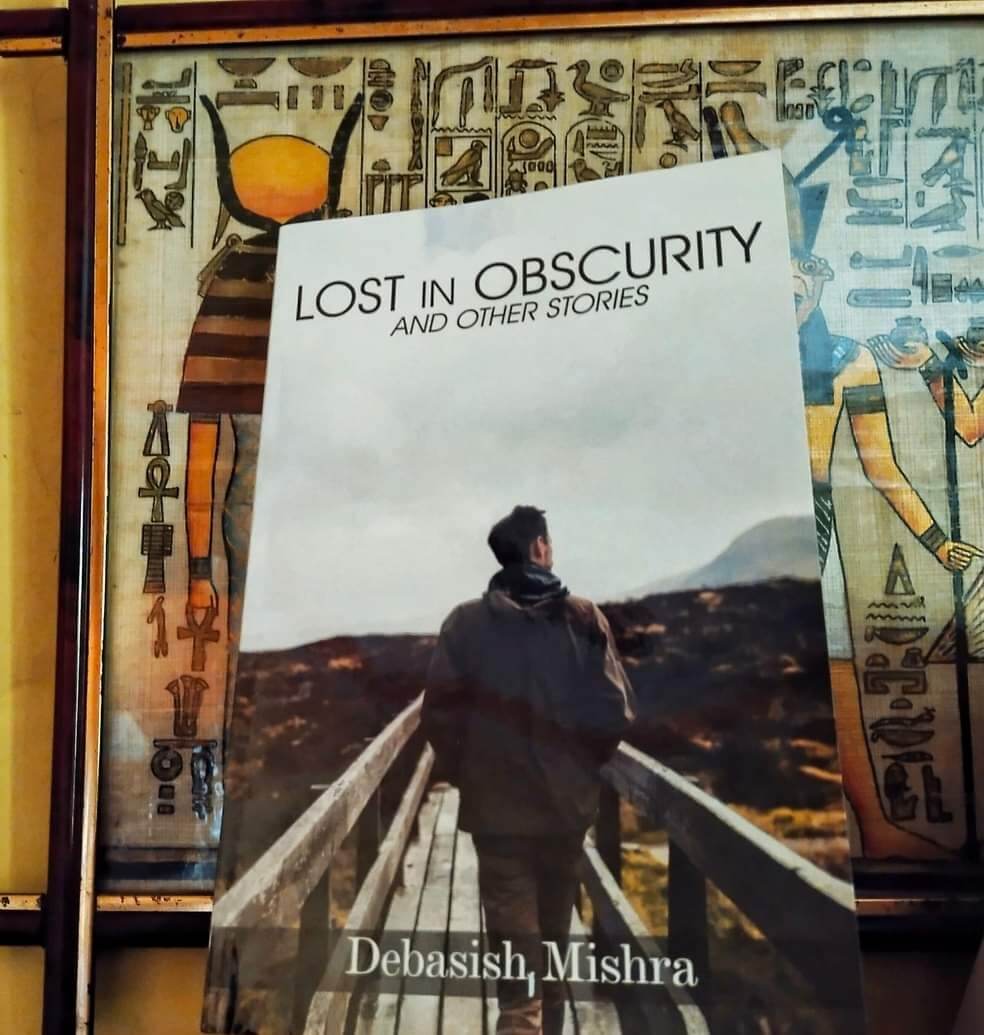


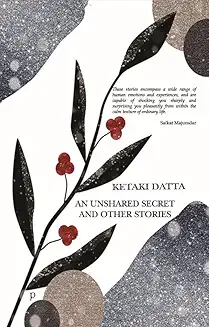
 By
By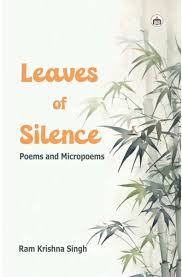
 By
By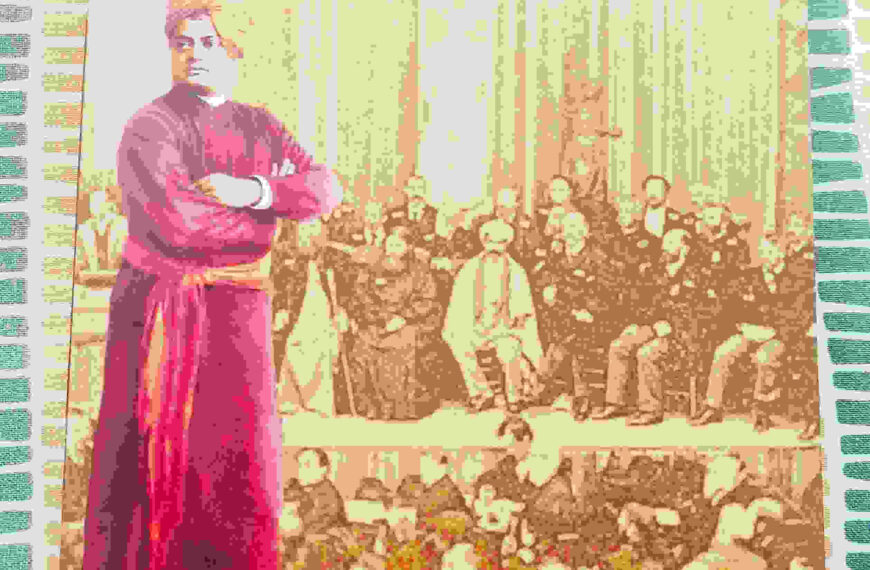
 By
By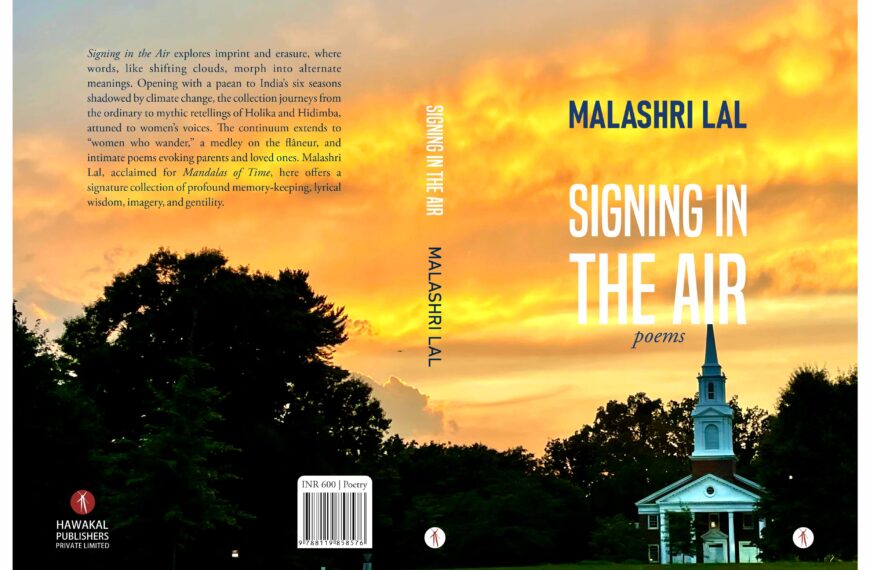
 By
By